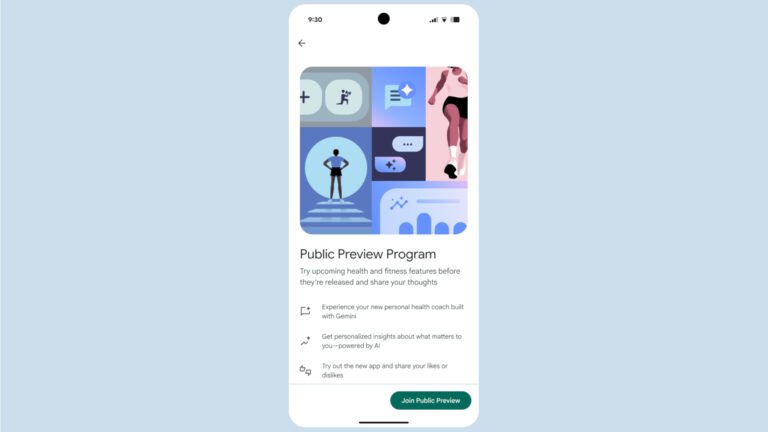

Virtual Private Networks (VPNs) are often viewed as a way to protect digital identity by many. But in a turn of events, Google has issued a sharp alert that the cybercriminals are spearing apps that claim to be trustworthy VPN but are actually malware tools to steal data. The firm’s latest November 2025 fraud and scam advisory focuses on these digital prey.
Google issues alert as fake VPN apps hide spyware
According to Google’s November 2025 scam and fraud advisory, threat actors are disguising malware as VPN apps and browser extensions that appear legitimate at first. These fake services, or hidden malware, are known for impersonating popular VPN brands. They also use enticing advertisements to lure users into installing them.
What’s even scarier is that it works exactly like they promise on the surface. However, they secretly deliver info-stealers, banking trojans, or remote-access tools. The risk is particularly high because many users install these fake VPNs, believing that they will protect their anonymity or safeguard their digital browsing.
Users are advised to be extra cautious, as even the official app stores aren’t immune
Google has emphasized in its statement that even official app stores are not immune to these fake VPN apps. It’s very possible that the VPN you install to protect yourself could instead become a threat. The company also advises downloading VPN apps only from trusted sources, such as the official Google Play Store. Users must also look for apps that clearly carry a verified “VPN” badge.
Additionally, users must always cross-verify the permissions needed by these apps. If an app is asking for unrelated permissions, it’s best to uninstall it. A genuine VPN service doesn’t need access to your contacts, photos, and messages. To be extra cautious, avoid installing VPN apps from third-party sources. Google also requests that users enable Play Protect and use the related alerts in Android that flag risky apps and permissions
The post Google Raises Alert After VPN Spyware Apps Spread appeared first on Android Headlines.


